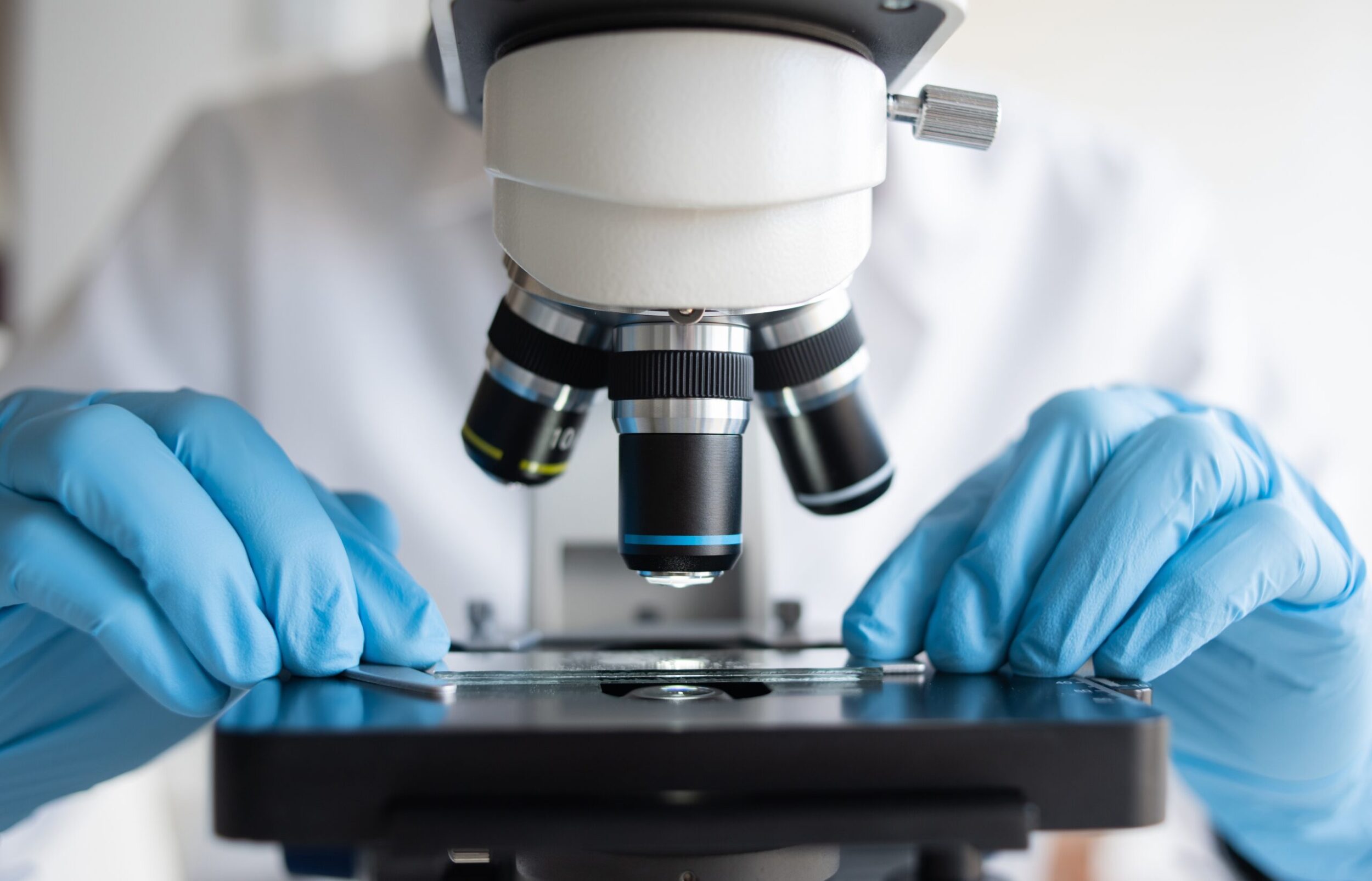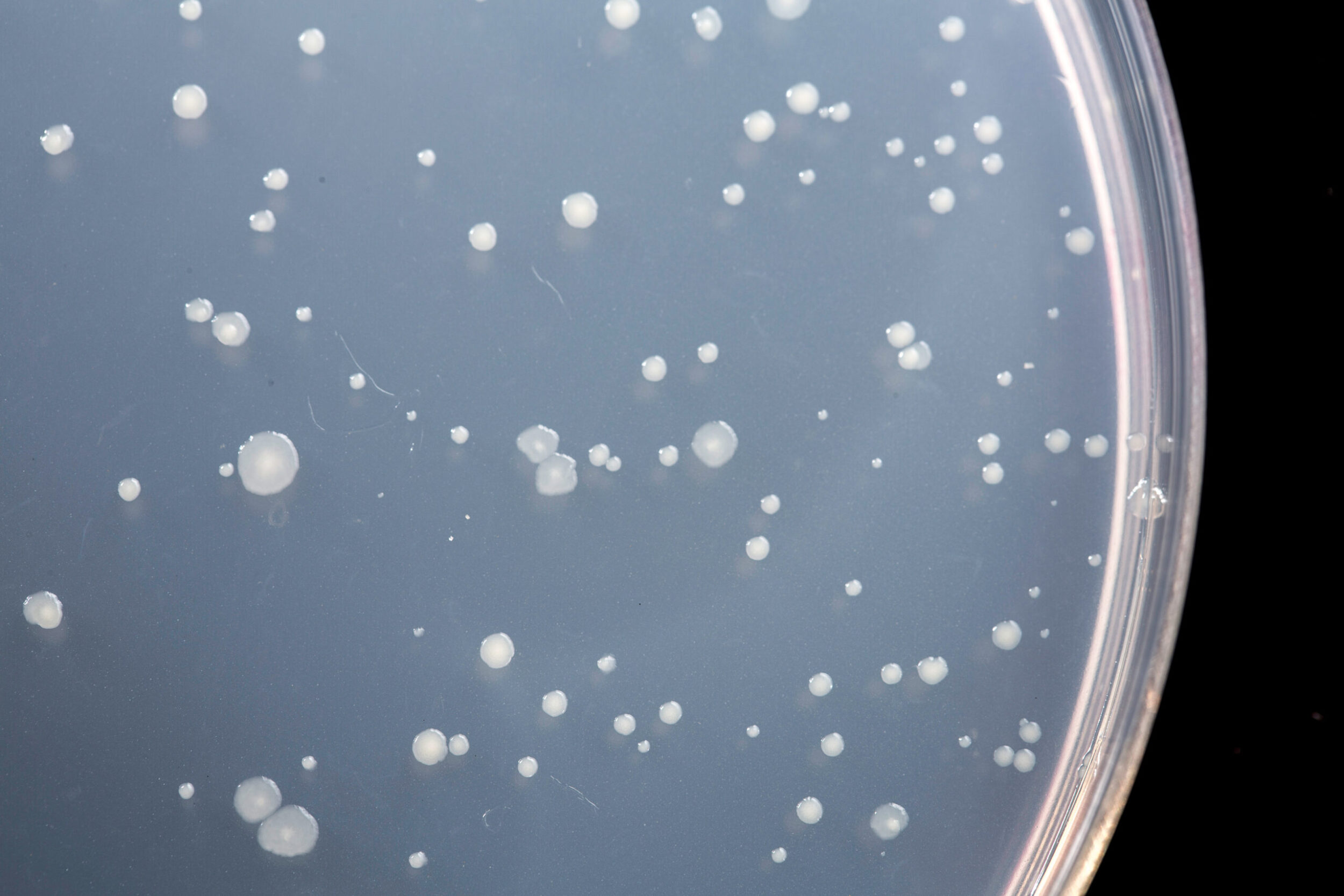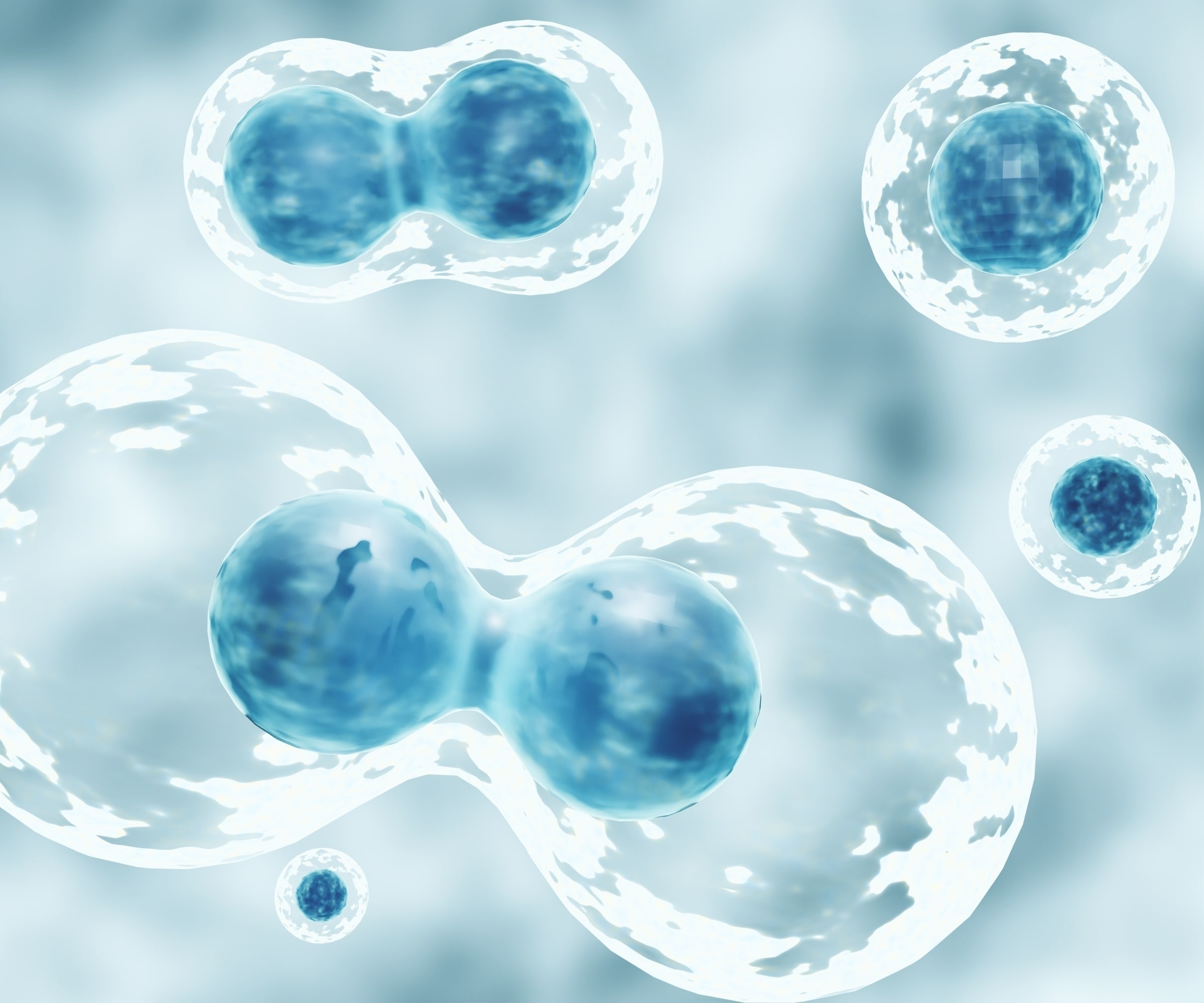Genetic Toxicology
From early screening of candidate compounds to regulatory assays, and where necessary follow on and additional mechanistic/mode of action assays, ApconiX are able to work with the client and CRO to advise, plan and interpret the data and reports from the genetic toxicity assays, in conjunction with the relevant OECD and ICH guidelines. Genetic toxicity tests are relatively easy to conduct, but anything other than a clear negative is sometimes hard to interpret. This is where experience of the assay really helps. ApconiX’s Genetic Toxicology experts, with over 55 years of experimental expertise and strong working knowledge of the test guidelines, are available to help you navigate the sometimes complex challenges involved in assessing the potential geno toxic effects of compounds, contributing to safety assessments and risk management.


Genetic toxicity tests are essential in drug development including:
Safety Assessment
These tests help identify potential geno toxic effects of new drug candidates early in the development process. This ensures that only safe compounds proceed to clinical trials, protecting patients from harmful side effects.
Regulatory Compliance
Regulatory agencies such as the MHRA, EMA and FDA require comprehensive geno toxicity data before approving new chemical entities. Conducting these tests ensures that drug developers meet these regulatory standards.
Risk Mitigation
By detecting geno toxicity early, researchers can modify or abandon harmful compounds, saving time and resources, and reducing late stage failures. This helps in focusing efforts on safer and more promising drug candidates.
Mechanistic Insights
Genetic toxicity tests can provide insights into the mechanisms of action of a drug, helping researchers understand how it interacts with DNA and other cellular components. This knowledge can guide the design of safer drugs.
Public Trust
Demonstrating that a drug has been thoroughly tested for genetic toxicity builds public trust in the safety and efficacy of new medications.

“ApconiX helped us to navigate a risk within a series that had an established geno toxicity flag. Following their recommendation, we explored the SAR within the series to understand to what extent this was linked to target, then introduced a screening assay to provide an assessment of geno toxicity early in the screening cascade. By doing so were able to discharge the risk early to enable focus of resource and energy only on those compounds which had the lowest risk of a geno toxicity signal. This resulted in selection of a candidate molecule that didn’t have a geno toxicity flag.”
Drug Development Lead, UK Biotech
Our Genetic Toxicologists

Dr Brian Burlinson
PhD FRSB UKEMS Fellow
Brian has over 40 years’ experience in Safety Assessment, specifically in Genetic Toxicology, developing pharmaceutical and non pharmaceutical products, gained in both pharmaceutical companies and CROs.
Brian is a Fellow of the United Kingdom Environmental Mutagen Society and Royal Society of Biology. Brian has contributed widely to the academic literature and the development of various guidelines in genetic toxicology, e.g. OECD and ICH EWG, and was previously an Expert Member of the Committee on Mutagenicity, a UK government advisory body.
Pauline Garner
Pauline is an experienced Genetic Toxicologist and Programme Manager, with over 27 years in nonclinical safety. As a Genetic Toxicology Study Director and latterly the Section Manager of a small team of scientists and technicians at a medium sized CRO in the UK, Pauline is extremely knowledgeable in Good Laboratory Practice and all aspects of in vitro and in vivo genetic toxicology study design, conduct and reporting across a diverse range of indications.
During her time specialising in Programme Management over the last 12years, Pauline combines a passion for science and pharmaceutical development, with the knowledge of client’s project and commercial needs. Pauline has a strong reputation in communication and an eye for detail. She particularly enjoys building enduring customer relationships to support optimum delivery of nonclinical safety programmes.
Pauline supports the Genetic Toxicology team at ApconiX as a Project Discipline Lead, supporting clients and the ApconiX team with all aspects of study monitoring and project management

